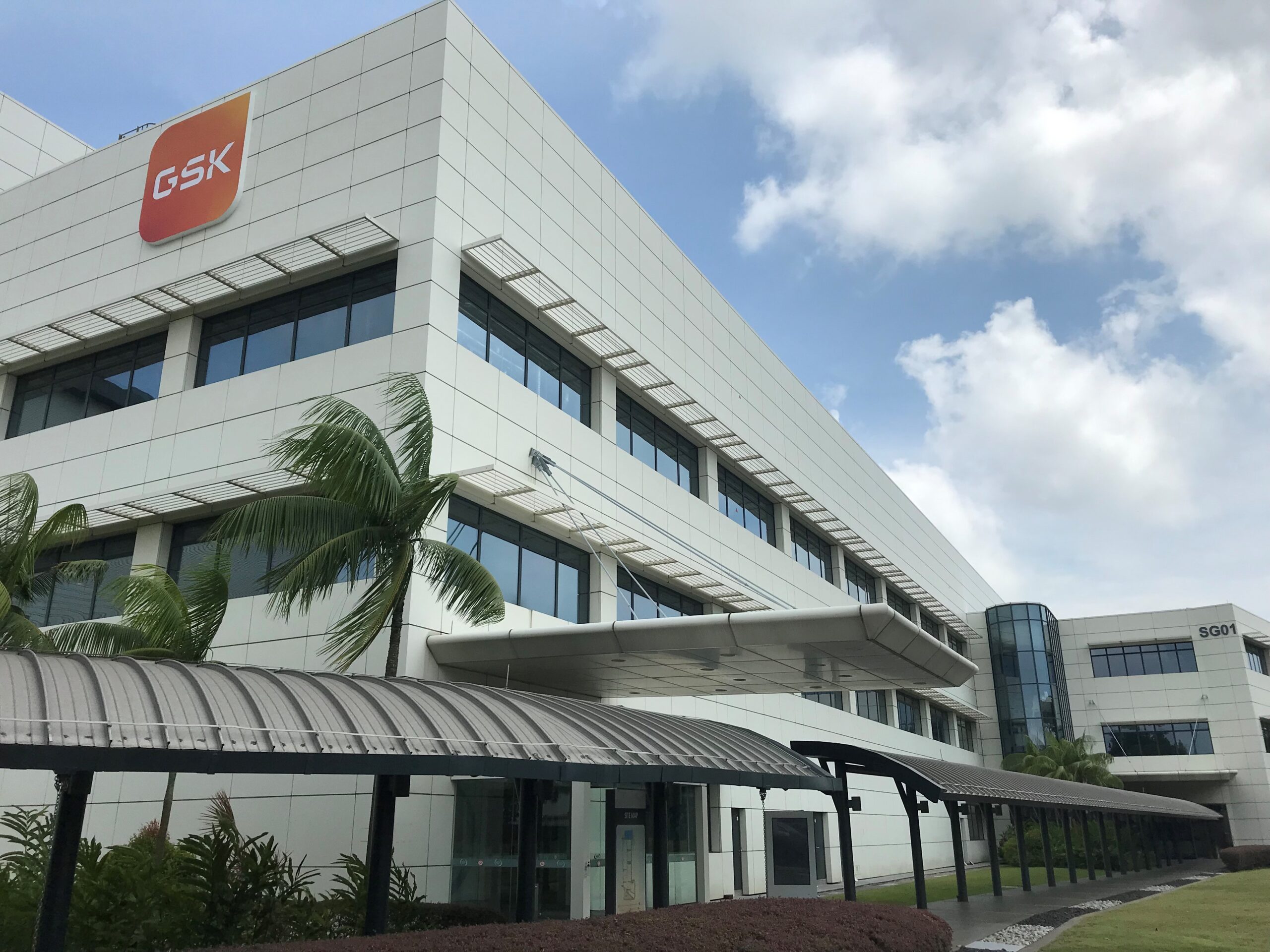Global biopharma giant GSK has declared that it has successfully acquired Boston Pharmaceuticals’ efimosfermin alfa. By introducing a phase III-ready experimental drug that is ready to treat and maybe stop the progression of steatotic liver disease (SLD), this calculated move greatly broadens GSK’s hepatology pipeline.
A new once-monthly fibroblast growth factor 21 (FGF21) analog medication is called efimosfermin. It is being evaluated for future development in alcohol-related liver disease (ALD) and is already in clinical development for metabolic dysfunction-associated steatohepatitis (MASH), which includes cirrhosis. There are currently few therapeutic options for MASH and ALD, two severe types of SLD that are the main causes of liver transplants in the US.
The close of our acquisition for efimosfermin alfa represents a significant expansion of our hepatology pipeline aimed at addressing steatotic and viral drivers of liver disease. Efimosfermin is a key growth opportunity for GSK with multiple development options and potential first launch in 2029. We look forward to unlocking the potential of this medicine for patients.
Kaivan Khavandi
Efimosfermin’s direct antifibrotic mechanism of action is the main reason why GSK thinks it has the potential to treat more advanced stages of SLD. Opportunities for combination therapy are also anticipated by the business, especially with GSK’990, a siRNA therapeutic targeted at different subgroups of SLD patients.
Read More: GSK’s Blenrep Combinations Approved in Japan for Relapsed or Refractory Multiple Myeloma
Up to $2 billion is the total financial consideration for this deal. This comprises a $1.2 billion upfront payment and an extra $800 million that is dependent on the fulfillment of success-based milestone payments. In addition, Novartis Pharma AG’s success-based milestone payments and tiered royalties for efimosfermin will be transferred to GSK.
A long-acting, experimental form of FGF21 called efimosfermin alfa is intended for monthly subcutaneous injection. In order to reduce liver fat, reduce inflammation, and reverse liver fibrosis in MASH patients, it works by controlling important metabolic pathways. It has not yet been approved anywhere in the world, despite being in trials for intermediate to advanced fibrosis, including cirrhosis.
Boston Pharmaceuticals, a clinical-stage biopharmaceutical business that sells efimosfermin, is a portfolio company of B-Flexion and is committed to creating very unique treatments for severe liver illnesses. GSK’s dedication to solving important unmet needs in hepatology is further demonstrated by its ongoing research into a number of additional possible treatments for liver illnesses, such as chronic hepatitis B, ALD, and MASH.
Global biopharma giant GSK is still committed to bringing talent, science, and technology together to prevent disease, especially immune-mediated diseases. By extending GSK’s pipeline to address fibroinflammatory illnesses in many organs, such as the liver, lung, and kidney, the addition of efimosfermin is consistent with this goal.
Graduated from the University of Kerala with B.Sc. Botany and Biotechnology. Attained Post-Graduation in Biotechnology from the Kerala University of Fisheries and Ocean Science (KUFOS) with the third rank. Conducted various seminars and attended major Science conferences. Done 6 months of internship in ICMR – National Institute of Nutrition, Hyderabad. 5 years of tutoring experience.






